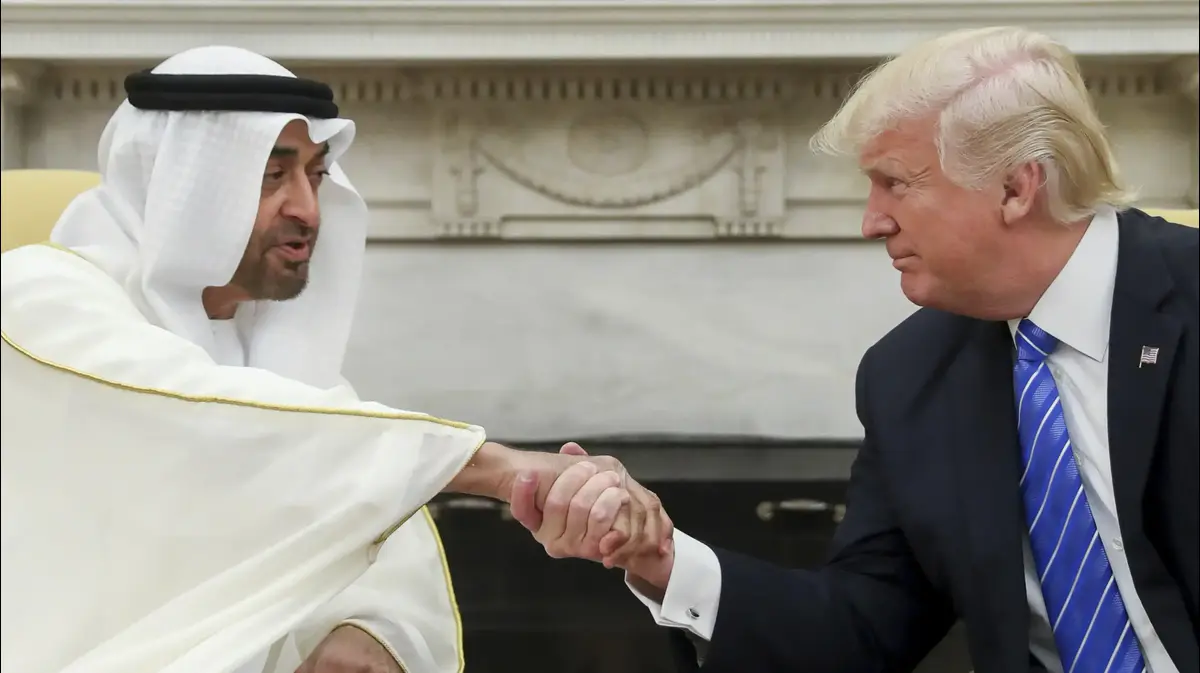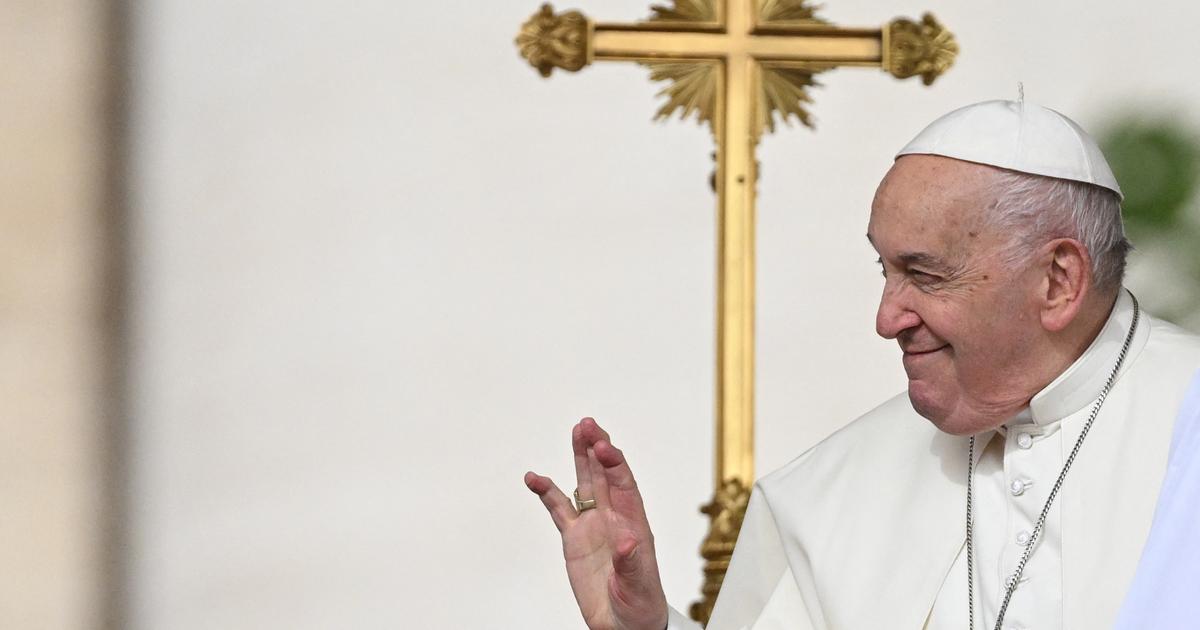- news
- Opinions and interpretations
Let the Saudis ask: The Emirates' path to lethal weapons passes through the Jewish lobby
The UAE, learning of disappointments from promising arms deals that have fallen, has realized that striving for contact with Israel can help gain influence over the US administration, especially during the Trump era. Unlike past cases, this time they will not be able to move to the agenda if the promise is broken
Tags- United Arab Emirates
- Saudi Arabia
- United States
Eli Fuda
Friday, 21 August 2020, 11:58- Share on Facebook
- Share on WhatsApp
- Share in general
- Share in general
- Share on Twitter
- Share on Email
One of the main reasons that Arab countries seek to connect with Israel is their desire to be aided by Israel's influence in the American administration - whether directly, as during the time of President Donald Trump, or indirectly through the Jewish lobby. Therefore, it is not surprising that the UAE thought that by signing an agreement with Israel they could persuade the United States to sell the most advanced F-35s in the world, which would place the Emirati Air Force in a superior position over Iran in airspace.
A look at Israel's secret history with Saudi Arabia and the Emirates will teach that there is nothing new under the sun. In December 1977, during Menachem Begin's tenure as prime minister, a source close to the Saudi royal family secretly arrived in Israel. His entry into Israel was made possible thanks to prior acquaintance with officials in the Ministry of Defense. He demanded that he meet in person with Foreign Minister Moshe Dayan and convey to him in person a message from the Saudi Crown Prince, Fahd bin 'Abd al-Aziz. Dayan, naturally suspicious, asked to know in advance what the meeting was about, but the messenger vehemently refused.
More on Walla! NEWS
- Senior Emirates official: Our request to purchase F-35s is not related to an agreement with Israel
- Report: Trump administration promotes sale of F-35 to UAE
- Hair transplant for men and women: Istanbul is open and offers a natural and permanent solution
After several failed attempts, the messenger returned as he came. It was later learned that Fahd wanted to ask Israel to remove its veto on the sale of F-15s to Saudi Arabia. The Saudis indirectly tried to assure Israel that they would not use the planes for "offensive" purposes, but Israel did not withdraw its opposition. The Saudis also expressed recognition of the State of Israel in various ways, but its leaders could not read the signs.
Four years later, in 1981, the Saudis understood the lesson and did not turn to Israel when they tried to purchase advanced AVX reconnaissance aircraft. Israel, fearing that these planes would track its aviation and intelligence, activated all the cannons of the Jewish lobby in the United States, but this time it failed in its mission and Congress approved the sale of three planes. The exhausting struggle that the Saudis experienced in Congress taught the Gulf states a chapter in American politics: it is better to go through Israel and the Jewish lobby in order to acquire advanced American weapons.
More on Walla! NEWS
The defense establishment is furious at the emerging arms deal: "What else have they hidden from us?"
To the full article
Gave his consent 20 years ago. Netanyahu in conversation with the United Arab Emirates and the United States (Photo: Kobi Gideon / GPO)Two decades later, after Benjamin Netanyahu took over as prime minister, Mossad chief Meir Dagan came up with a brilliant idea: to sell drones to the Emirates in exchange for its cooperation with Israel against Iran. Netanyahu saw the idea as an opportunity to advance military options against Iran and gave his consent. Following this, Aeronautics signed a deal with the Emirates even before the appropriate approval was received from the Ministry of Defense, and the principalities for their part made a down payment,
but the Ministry of Defense did not approve the sale, fearing leakage of Israeli and American technological knowledge. The Emirate's regent, Muhammad bin Zaid, felt cheated and betrayed.
In January 2010, with the assassination of a senior Hamas figure, Muhammad al-Mabhouh, in a hotel in Dubai, relations plunged into the abyss. Also the return of the down payment, including monetary compensation for the transaction that did not materialize.
These examples show that the sale of advanced weapons, which includes innovative technological knowledge, is politically complex. The Gulf states understand that Israel is the key to Washington, especially during Trump's presidency.
If so, the emirates' confirmation that the sale of F-35s was part of the deal with Netanyahu should come as no surprise. The deal joins Netanyahu's consent to the secret sale of the submarines to Egypt, without the defense minister knowing of its existence.
Is an agreement to sell F-35s "worth" peace with the Emirates? This is a question that requires careful consideration and cannot be decided by the Prime Minister alone, but it must be assumed that the Emirates will not be able to move on to the agenda if the Israeli promise is broken. Again, it should be emphasized.
Prof. Eli Fuda teaches in the Department of Islamic and Middle Eastern Studies at the Hebrew University of Jerusalem. He is a member of the Board of Directors of Mitvim - the Israel Institute for Extra-Regional Policy.
- Share on Facebook
- Share on WhatsApp
- Share in general
- Share in general
- Share on Twitter
- Share on Email


/cloudfront-eu-central-1.images.arcpublishing.com/prisa/RDTPGIISVIWPKV3JE4ZANXKVYA.jpg)






